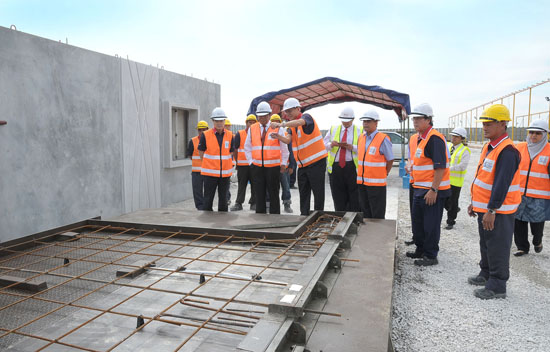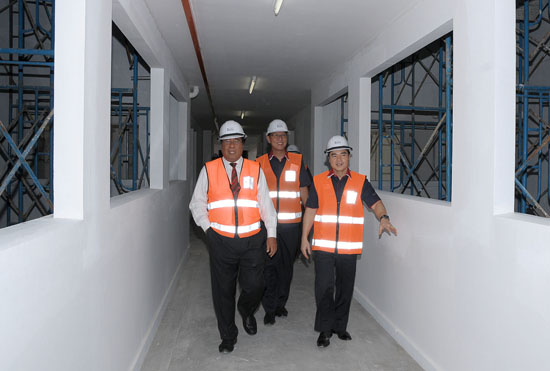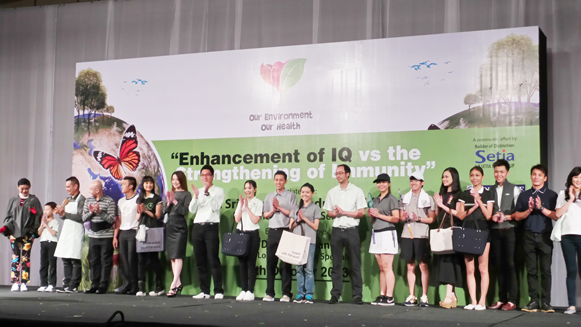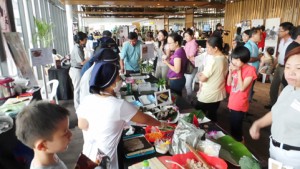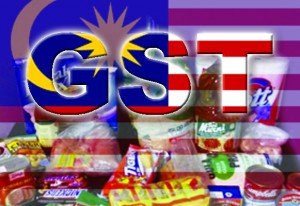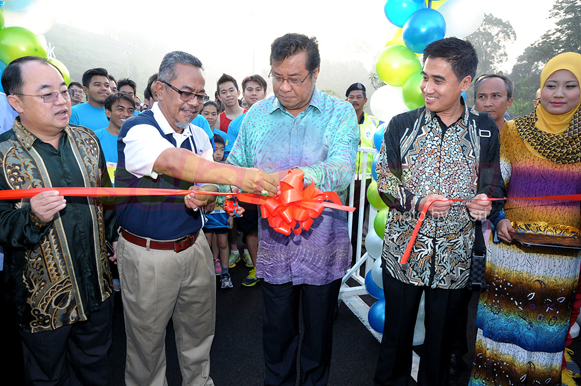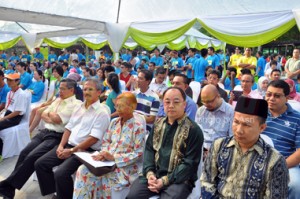KUALA LUMPUR, 30 Oct: Pakatan Rakyat (PR) urges the Central Government to revoke the raw sugar procurement system and the protection of companies monopolising the sugar market in this country resulting in the higher price of sugar.
Member of Parliament for Petaling Jaya Utara, Tony Pua, said that the action to revoke would allow for the government to offer a lower sugar price for the people after opening up the market involving sugar companies in the country.
He said, with the elimination of the monopoly, the people will enjoy lower prices for sugar and sugar companies will become more efficient by not having to rely on government assistance.
“Pakatan Rakyat is of the opinion that the monopoly of sugar companies does not benefit the people at all.
“It is better to open the sugar market and let the price of sugar be determined by competition between companies and suppliers of sugar,” said Tony Pua in a press statement at the Parliament lobby.
Tony Pua said the method of importing raw sugar from companies abroad is just a trick to get a lower cost, enabling the company involved to gain handsomely.
“If sugar prices are set by the government, it should not increase their (companies) profits by so much.
“We suspect that the government is importing raw sugar to enable these companies to gain more profit,” he said.
Yesterday, Tony Pua revealed that the sugar price hike is not on the basis of subsidy cuts, rather it stems from the Central Government’s move to sign the raw sugar agreement at a high price.
In January 2012, the Minister of Domestic Trade, Consumerism and Cooperatives (KPDNKK), Datuk Ismail Sabri, announced that the government has signed a three-year deal to import raw sugar at the price of USD25 per 100lbs.
As a result, the people are forced to enjoy sugar that is more expensive due to the agreement signed by the KPDNKK last year.


